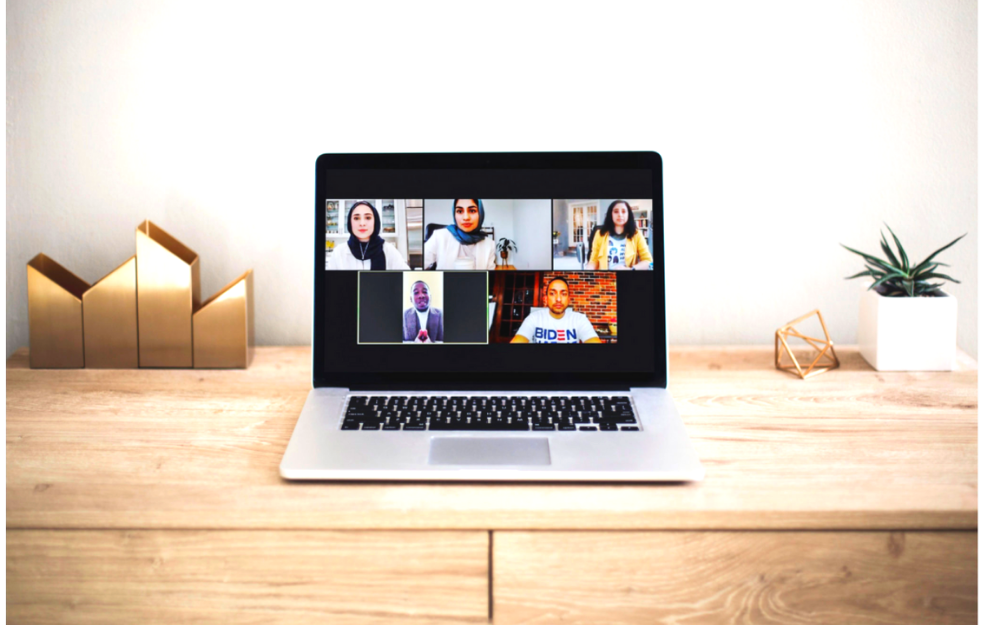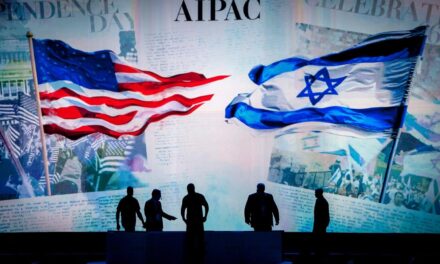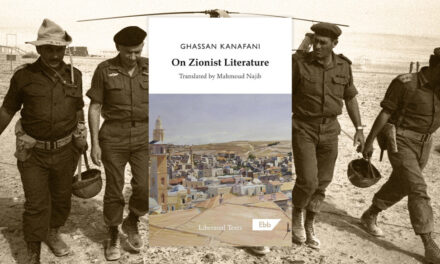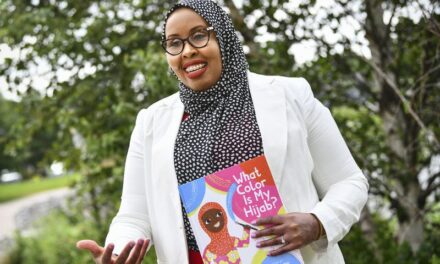Originally Published By:
Photo©
On Sunday, 20 Muslim student organizations across the country gathered over Zoom to boost historically low turnouts among Muslim youth.
The Yale Muslim Student Association hosted the “National Muslim Student Mobilization to Get Out to Vote” event to increase Muslim youth voter engagement and provide an opportunity for young American Muslims to learn about voting. YMSA Political Chair Shaezmina Khan ‘23 moderated the discussion and hosted panelists including Muslim Outreach Advisor for the Biden Campaign Farooq Mitha, Cleveland Ward 7 Councilman Basheer Jones, Civic Engagement Fellow at MPower Change Mahreen Alam and civil rights lawyer Brenda Abdelall. The panelists reflected on why this election cycle is important to American Muslims and highlighted important policies as well as presidential candidates’ policy agendas.
“Each one of us as individuals has a duty both Islamically as well as being part of a broader community to help push towards positive change for individuals within our communities,” Abdelall said at the event. “Though you may not have a candidate that meets all of your priorities, it is important to look at ourselves as a broader collective and harness your energy as being part of a broader community. It is important to take that ownership over that right to vote and push that moral arc over that right direction.”
Khan told the News that she decided to organize this event because she believes that the upcoming election may be one of the most consequential elections the U.S. has seen, particularly for the American Muslim community. She wanted to mobilize young Muslim voters — what she said is one of the most important demographics in this election — which motivated her to reach out to Muslim Student Associations all over the country.
According to Khan, the four panelists are from “diverse backgrounds with a depth and breadth of experience, working with Muslim communities around the country to get up and vote and engage in this election.” Panelists’ areas of expertise include local, state and national law and policy.
At the event, the panelists discussed national policy issues at stake that should motivate American Muslims to vote in this election.
The panel said that these policy issues include the 2017 Muslim ban, as well as foreign policy in Yemen, Palestine, and Kashmir. Mitha spoke approvingly of the Biden campaign’s stance on these issues, stating that the Biden campaign intends to “end the Muslim ban on day one.” Abdellal said that the Biden campaign changed how Muslim issues are tackled in America; in the past, these issues were framed in a “securitized lens.” But, Abdellal added, Biden now intends to pass legislation such as the “No Hate Act” and review the no-fly lists.
According to Mitha, Islamophobia and racial justice remain pertinent in the U.S. Jones honed in on the intersectionality between these two issues, saying that some members of the Muslim community still fail to welcome African-American Muslims.
“I don’t mind standing up for Syria, Lebanon, Palestine, Somalia, and Sudan,” Jones said. “I don’t mind standing up for those other places, but you gotta help and stand up for Chicago, Cleveland, Brooklyn. Stand up for Black and brown people in this country whether you are Muslim or not.”
Jones said that if Black Muslims — the group that first established Islam in the United States — are not respected by other Americans, the rest of the Muslim community will not be respected either.
These issues and others are especially important to younger Muslims — according to Alam, the grassroots organizing movement MPower Change conducted a survey called the Muslim Article, which found that key issues include surveillance, the criminalization of political activity and repealing the Muslim ban.
Mithi encouraged young Muslim people to vote because what he called four more years of the status quo “would be a disaster to our country and to our communities.” He said it has been proven that “relational organizing” is the best way to increase voter turnout, and he especially urged voters to persuade people in their inner circle to vote.
Aldedall told voters that every vote counts, especially when taking into account how Hillary Clinton lost Michigan to Donald Trump in 2016 by 10,000 votes. She said that the election is expected to be widely contested and thus, everyone is encouraged to preserve American democracy by volunteering as a poll watcher in the next eight days before the election.
Staying true to Islam’s values is of utmost importance, according to Jones, who also said that the growing “cancel culture” among youth worries him.
“Don’t get into the habit of not wanting to work with people just because you have differences,” Jones said. “Once Muslims understand that we can work together — despite if you pray with your hands up or despite if you wear a hijab — despite it all, we can come together. We push more people away from Islam because we have been so nasty. Just be respectful.”
Khan told attendees that she believes the Muslim youth have a special role in this election. She added that it was not only the role of the youth to mobilize their peers but also to mobilize elders, parents, teachers, and other members of older communities.
At the end of the event, the Yale Muslim Students Association and MPower Change encouraged the participants to attend their phone banking event on Nov. 1 for a tangible means of creating change.
The Institute for Social Policy and Understanding estimates that 37 percent of voting-age Muslims in America are under 30 years of age, and 80 percent are under 50.














